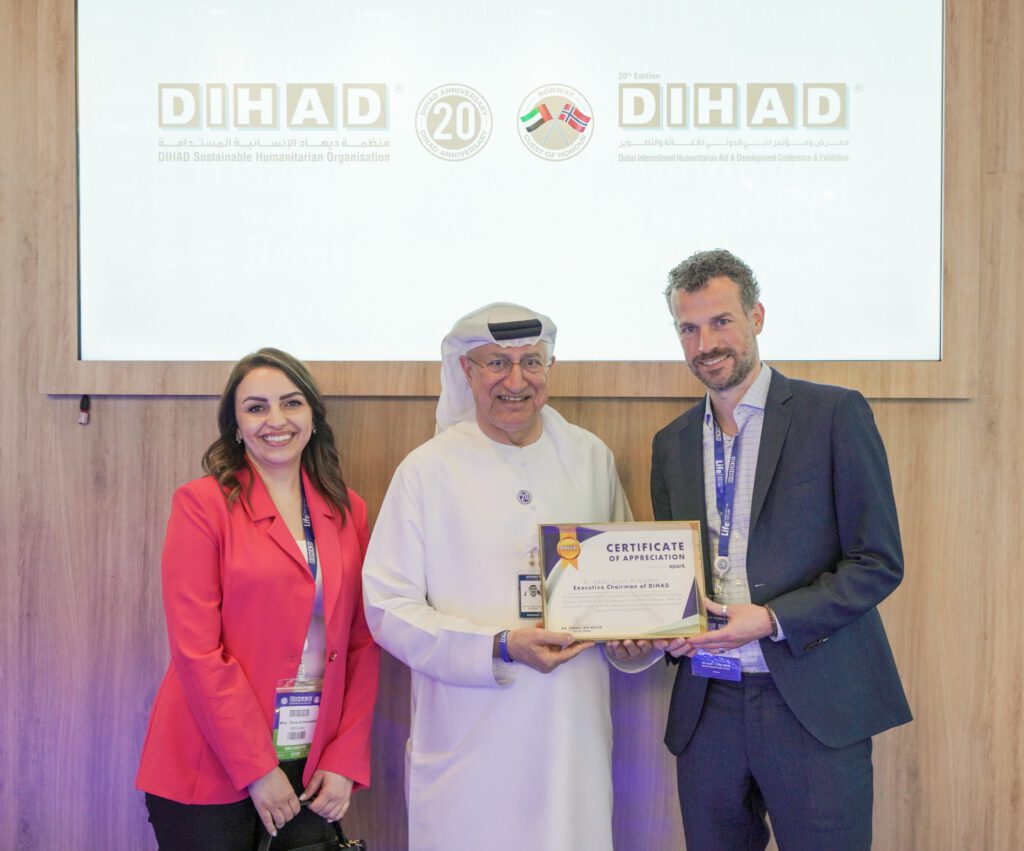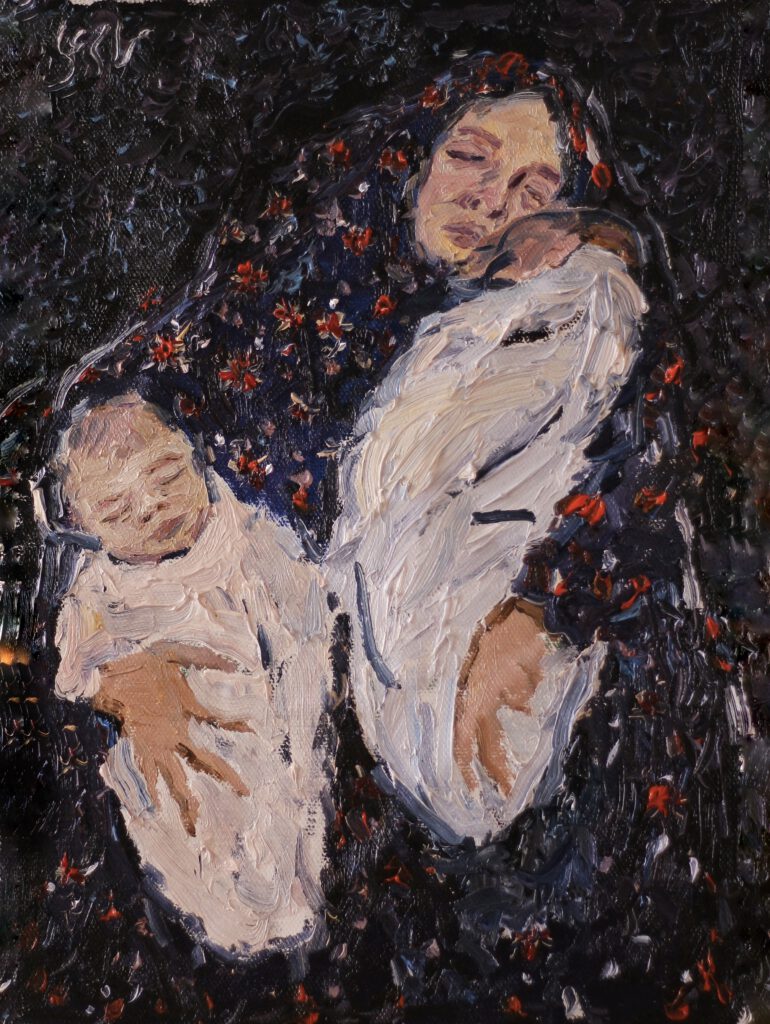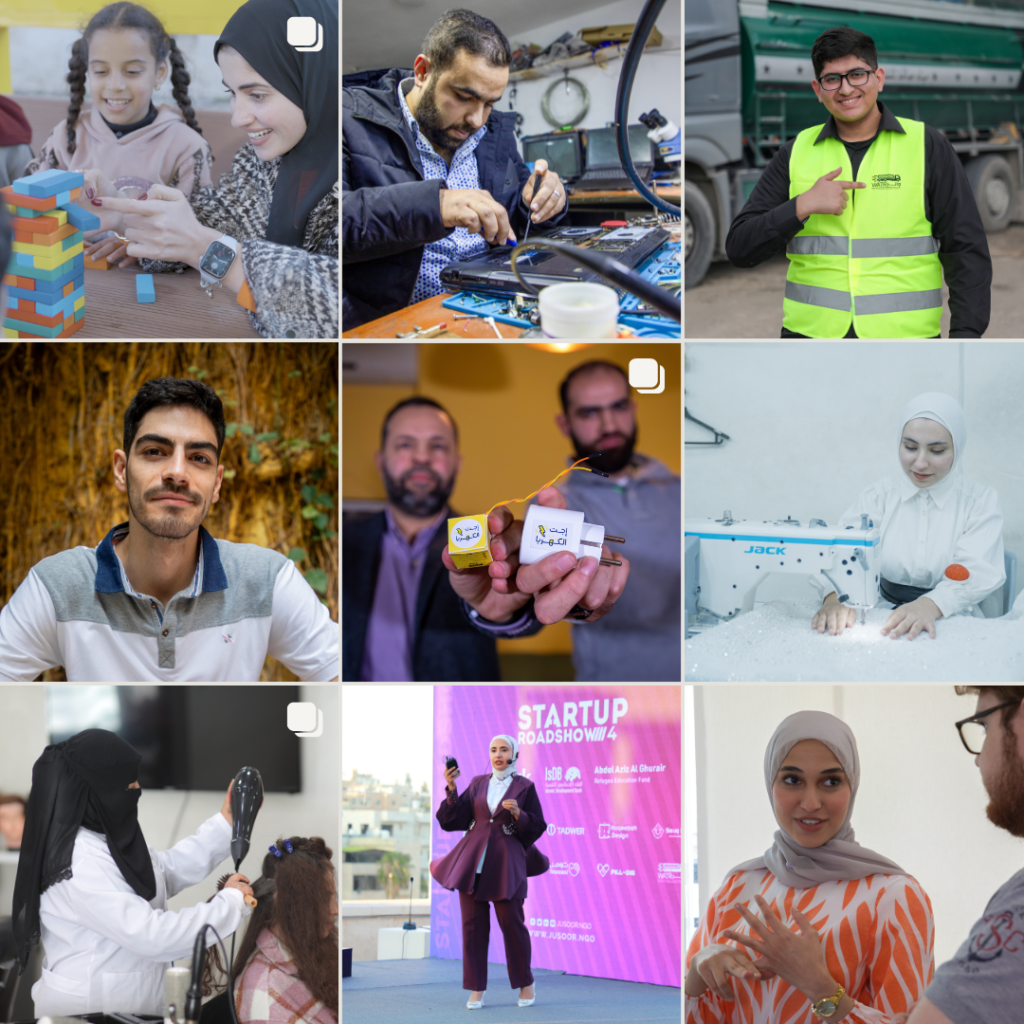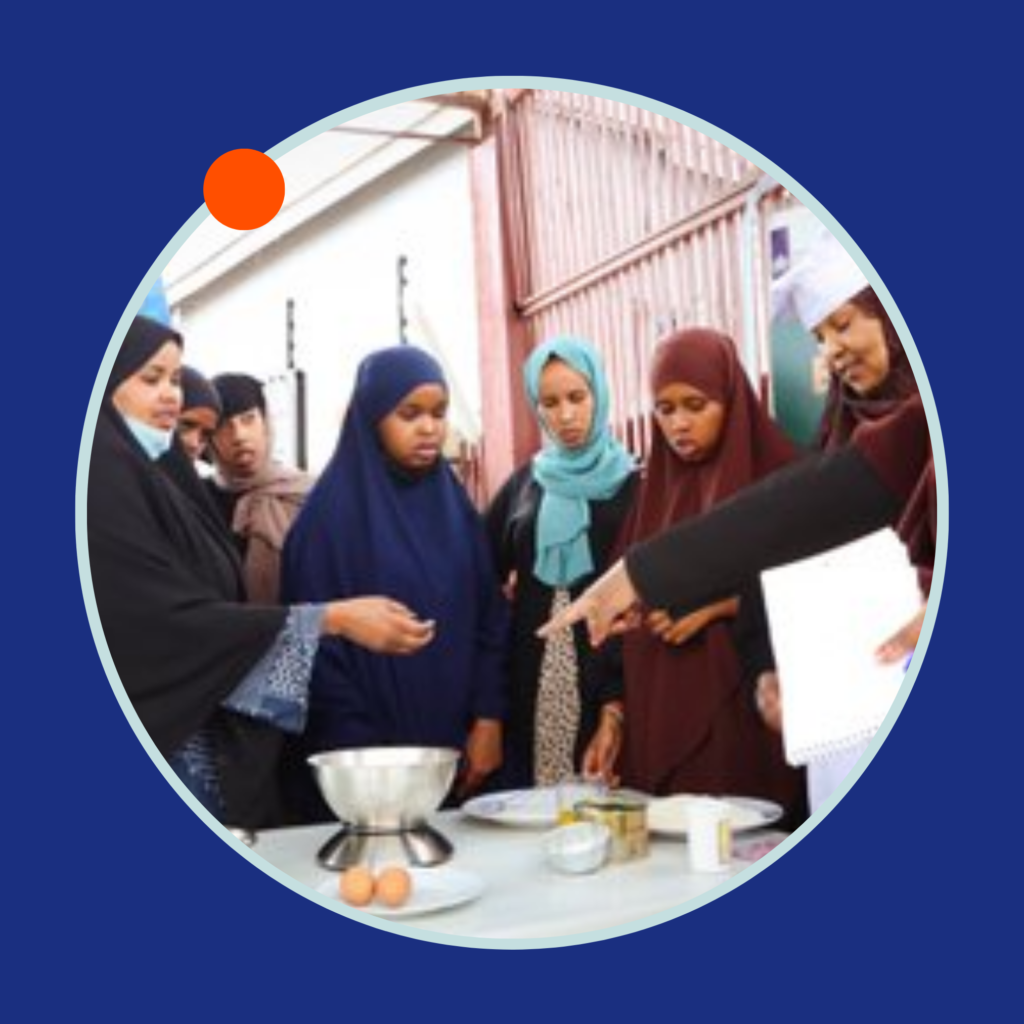One year on: Almost nine out of ten Syrian refugee businesses are hit hard by COVID-19

This article was first published by our partner, Jusoor.
Syrian refugee entrepreneurs in host countries have suffered a year of revenue decline, layoffs, and targeted restrictions, with 87.4% of businesses, or almost nine in ten, negatively impacted by an unprecedented crisis.
Marking one year since lockdown was imposed by governments in the Middle East to curb the spread of COVID-19, new research by Jusoor and SPARK has revealed the extent of the damage that the pandemic has inflicted on Syrian small and medium businesses (SMEs) and startups in the region.
Relentless: Syrian Refugee Entrepreneurship in Host Countries interviews 271 Syrian founders, business experts, and NGO representatives to understand the impact of COVID-19 measures and identify the biggest challenges faced by Syrians in four countries: Turkey, Lebanon, Jordan, and Iraq.
The research reveals that:
- Of those surveyed, 43.5% described the impact of COVID-19 as ‘extreme’.
- Of all challenges, access to source of funds (62.9%) was the biggest challenge for Syrian businesses, followed by location and mobility restrictions (49.3%), laws and regulations (30.6%), infrastructure (30.1%), supply chain (30.1%) and finally, business knowledge (6.2%).
- 8% of entrepreneurs run their business informally. Of those, 45.6% are home-based, 28.2% are SMEs, 22.8% are startups, and 3.4% are large businesses.
- SMEs came out worst off in this survey, with 51.30% saying the pandemic’s impact was extreme, followed by home-based businesses (44.4%), large enterprises (38.9%), and startups (31.4%).
- 35 out of 83 female-owned enterprises that participated in this research had to suspend operations at some point of the lockdown, revealing additional gender-based struggles.
Even though businesses across countries were largely affected by measures installed to restrict movement and introduce social distancing, Syrian founders seem to have suffered from additional and targeted restrictions in countries like Turkey and Lebanon.
Grace Atkinson, Executive Director of Jusoor, said: “This research has shown that Syrian founders, particularly those in the early stage of starting a business, have been particularly vulnerable to the new business climate imposed by COVID-19 restrictions across the countries. Wherever they are, Syrian businesses have been hit hard without financial backing, lack of adequate infrastructures such as internet or electricity, and the growing gap in knowledge.
“Like many small businesses and startups around the world, Syrian owners had to shut down operations as the crisis hit. But the difference was that for them, with the absence of any form of support, they have lost the only source of income for their families. We are talking about thousands of businesses who lost years of progress in the span of two months.”
Jusoor and SPARK are calling on refugee-hosting governments to create a post-COVID strategy that supports job creation and includes refugee businesses in a robust economic plan and introduce policies that encourage the inclusion of Syrian founders through low-cost business registration schemes.
The two organisations also call on investors and donors to utilise more resources to support small businesses and startups through cash grants and micro-finance.
Related news
-
![]() News
NewsExploring careers and creativity: Ranya’s vibrant youth festival
-
![]() News
NewsNew Riyada Programme boosts services for Palestinian startups and Small and Medium-sized Enterprises(SMEs)
SPARK and the Arab Fund for Economic and Social Development have united to launch the Riyada Programme, a pivotal initiative…
-
![]() Event
EventIGNITE Istanbul Conference Addresses Building Economic Resilience for Youth in Türkiye and Jordan
Istanbul, Friday 17 May. The IGNITE Istanbul conference took place on Thursday 16th May in Istanbul, organized by SPARK, in…
-
![]() News
NewsPalestine Launchpad with Google is reactivated to support Palestinian youth and tech ecosystem
The Palestine Launchpad with Google programme launches its second cohort once again, offering Palestinian youth fully funded nanodegrees focused on…
-
![]() News
NewsDIHAD Conference: SPARK CEO advocates for inclusion of youth and early economic resilience building in crisis
-
![]() News
NewsAddressing skills mismatch in Jordan’s labour market through entrepreneurship education
Through the Economic Resilience programme, SPARK collaborates with three Jordanian universities to develop entrepreneurship curricula and train educators. Over 30…
-
![]() News
NewsIncubating businesses in Benghazi: New startup support builds Libyan entrepreneurship ecosystem
-
![]() Event
EventSTEP programme opens Asal Bazaar for MSMEs, supporting access to new markets
On March 1st and 2nd, 2024, SPARK and Sarh Group unveiled the Asal Bazaar at Mecca Mall, Amman, Jordan, in…
-
![]() Event
EventInternational Women’s Day: Invest in Women
-
![]()
Women’s Day: The disproportionate impact of Gaza war on women
-
![]()
The Skills Training and Education Programme: Supporting youth to have economic impact in Lebanon and Jordan
-
![]()
Driving Innovation in MENA: Highlights from the 2nd Regional Stakeholders Event
-
![]()
Impact Report: Positive increase in youth and women employment, reduction in desire to migrate













